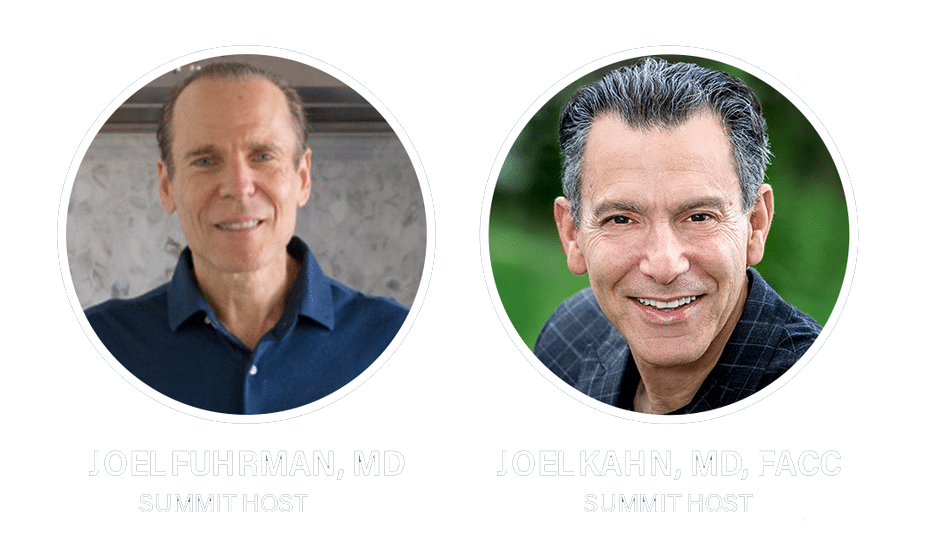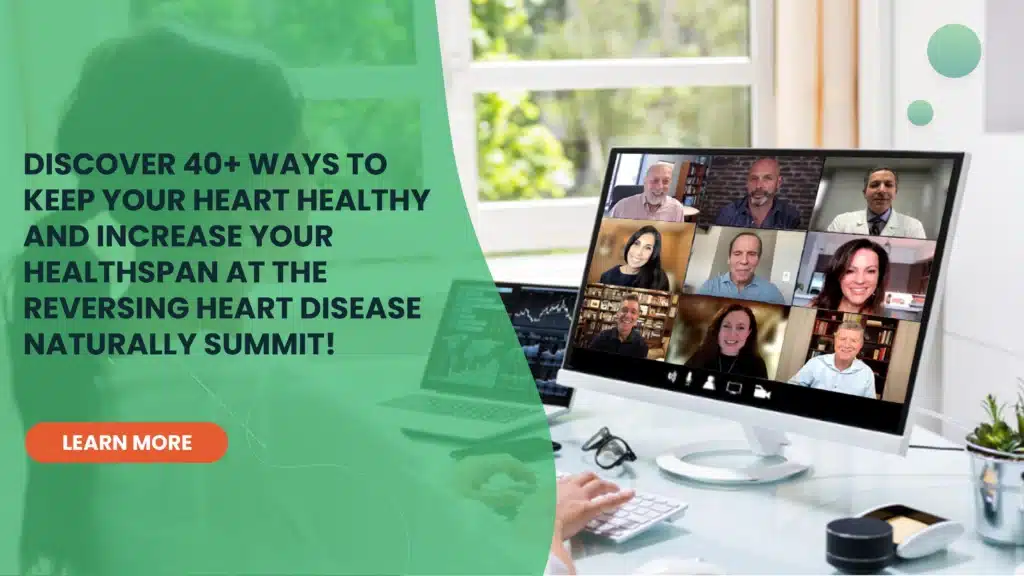|
Getting your Trinity Audio player ready...
|
Do you or a loved one suffer from heart disease?
Good news, we are closer than ever to reversing the impacts of heart disease, the leading killer of people in the United States.
Dr. Charles Murry and his team at the Institute for Stem Cell and Regenerative Medicine at the University of Washington made an exciting breakthrough. Their new study published in the journal Cell Stem Cell may have solved a major problem faced by therapies aimed to regrow heart muscle.
The Harvard Stem Cell Institute reports that over a billion heart cells are lost in patients with heart disease. That is about 20% of your heart cells. Unfortunately, in adults, the heart does not regrow its dead cells.
Instead, the dead heart cells are replaced by a scar. This scar is stiff and causes your heart to have more difficulty pumping blood to deliver oxygen to the rest of the body. The heart can even have difficulty getting enough blood flow to itself.
This vicious cycle continues until it becomes deadly when “the heart cannot adapt to meet the circulatory demands of the body,” Dr. Murry said.
Scientists have been having difficulties with experiments trying to replace dead heart cells. One promising theory called for transplanting cells. Unfortunately, early experiments ended up backfiring. These cell transplants caused lethal arrhythmias.
The early experiments used stem cells, which have the potential to become any of the cells in the human body. The theory was that these stem cells could become heart cells. Unfortunately, the cells were too immature. They could not coordinate with the existing heart cells and caused the heart to beat too quickly.
The solution to this problem has been evading scientists, but Dr. Murry and his team produced an idea.

- Access the Reversing Heart Disease Naturally Summit
Learn from top leaders in the field the skills you need today.
Editing the genes of the heart muscle cells before implantation into the heart might solve this problem.
In this study, Dr. Murry and his team edited four genes in heart muscle cells before implanting them into Yucatan minipigs. Pig hearts are good for studying heart disease therapies because pig hearts are similar in size and anatomy to human hearts.
After implanting millions of modified cells into the pig heart tissue, they found phenomenal results.
The implanted cells were able to beat in coordination with the pig’s heart cells, and the rate of arrhythmias was reduced by 95%. Importantly, any arrhythmias that occurred were much shorter.
This is extremely exciting because the arrhythmias were a hurdle that needed to be cleared. Now, future studies can progress.
There are several important limitations to this study that need to be tested. First, this study implanted cells in healthy pigs. Second, one of the genes edited could impact the contraction of the heart. The next trials will need to assess if these cells can successfully regrow heart cells in pigs with heart disease.
The next steps in heart disease treatments are closer than ever before.
If this method is successful in clinical trials, it could reduce the number of open-heart surgeries and, more importantly, reverse heart disease.
Sources:
- Marchiano, S., Nakamura, K., Reinecke, H., Neidig, L., Lai, M., Kadota, S., Perbellini, F., Yang, X., Klaiman, J. M., Blakely, L. P., Karbassi, E., Fields, P. A., Fenix, A. M., Beussman, K. M., Jayabalu, A., Kalucki, F. A., Futakuchi-Tsuchida, A., Weber, G. J., Dupras, S., Tsuchida, H., … Murry, C. E. (2023). Gene editing to prevent ventricular arrhythmias associated with cardiomyocyte cell therapy. Cell stem cell, 30(4), 396–414.e9. https://doi.org/10.1016/j.stem.2023.03.010
- Johnson, M. (2023). Gene-edited cells move science closer to repairing damaged hearts. The Washington Post. https://www.washingtonpost.com/science/2023/04/28/heart-attack-stem-cell-treatment/
- Harvard Stem Cell Institute. (2019). Heart Disease. Harvard.edu. https://hsci.harvard.edu/heart-disease-0


